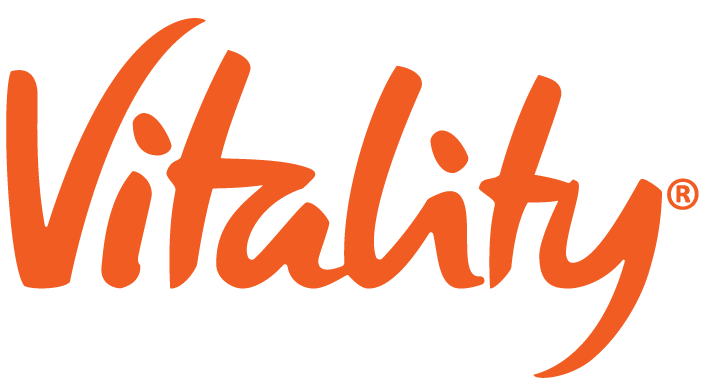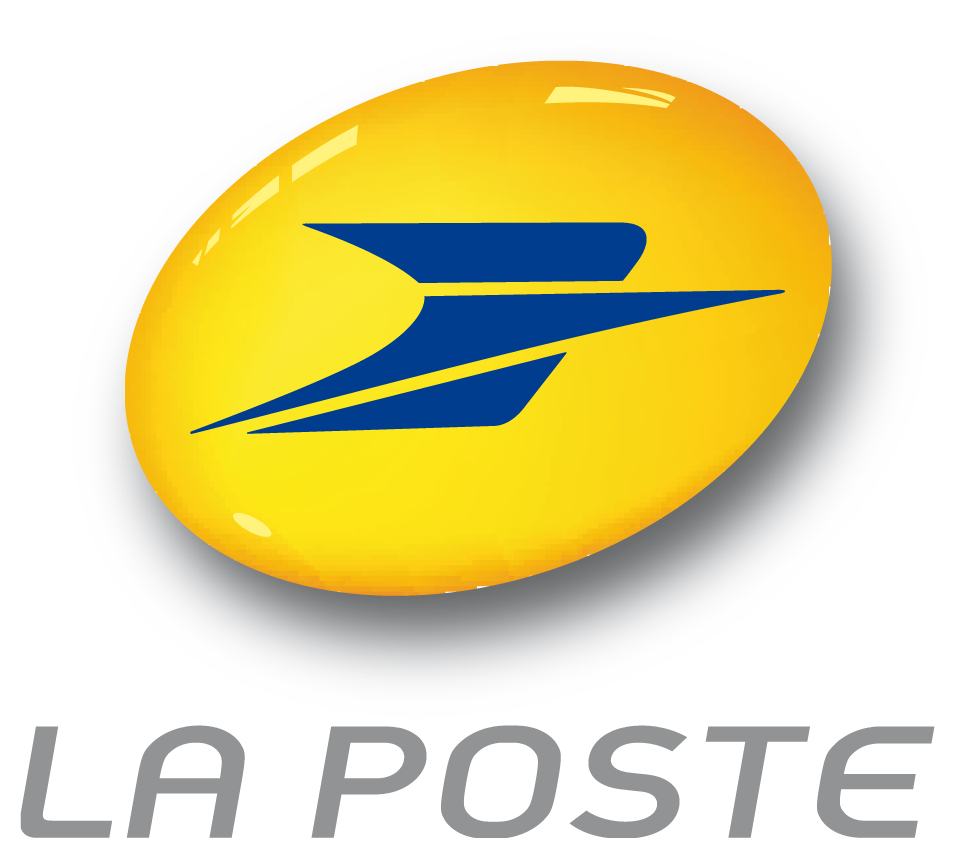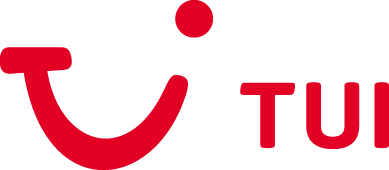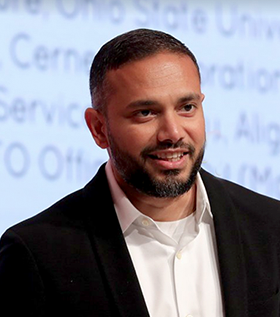Following the success of our global summits in 2019,
we return (virtually) to help you meet the needs of an ever-evolving digital economy.
Join the two consecutive half-day, educational event and:
Learn from Experts
•Gain business and technical insight into the integrated API supply chain
Combine enterprise integration, API management, and identity solutions
Learn how microservices and cloud-native architecture styles complement delivering digital experiences
Meet our customers
•Real-world use cases and findings from the field
How open-source technologies provide greater extensibility and flexibility
How WSO2 technologies increase productivity and speed time to market
Engage and network
•Provide your opinion
Get feedback from experts, visit the (virtual) WSO2 Oxygen Bar
Find solutions to your problems by participating in sessions and forums
AGENDA
Charndika Arthanayake, Vice President - Sales (EMEA), WSO2
Asanka Abeysinghe, Chief Technology Evangelist, WSO2
APIs are the products of the 21st century. As we build out API systems, we find that we are constantly learning from product journeys. We propose a new kind of supply chain - the Integrated API Supply Chain (IASC) - which is needed by any organization looking to create and monetize API products, either directly or indirectly. In this session, Asanka will outline our vision of the IASC, identify five key patterns for success, and give a blueprint for creating a digital business based on API products.
Neil Adamson, CIO, Vitality Group
This talk will provide an overview of the value of APIs in the health and wellness industry, exploring how the growth in health and wellness related apps (specifically wearables) is driving innovation in this industry and how APIs are further enabling market growth - within the Vitality program and in the industry overall. Access to data, interoperability, and security are key requirements and the discussion will look at how these factors are enabling and impacting the adoption of APIs in the wellness industry.

Sanjeewa Malalgoda, Architect/Associate Director, WSO2
APIs are the oil of the digital world. Different forms and types of APIs power the digital mesh to which we’re all connected to. The potential and reach of APIs however are heavily underutilized today in many organizations. The root cause of this seems to be the lack of a “product mindset” on APIs. Organizations that strategically invest in building a product mindset for APIs have been successful in putting themselves significantly ahead of the curve in innovation. In this session, Sanjeewa will talk about six key points that will be valuable for API product managers and architects to bring in a product mindset to APIs within their organizations. This will help them to build a more streamlined, agile, and repeatable process that converts their APIs into digital products.
Jean-marc Dagorne, Product Owner, La Poste
API management enabled La Poste BSCC to set up a service oriented architecture and secure access to our information system with standard and custom patterns. The discussion also explores how an API strategy can accelerate new service delivery and integration with partners, facilitating access to new business avenues. Jean-Marc will also provide some tips on issues addressed at La Poste, how the organization worked with WSO2 technology, and details of their platform roadmap.

Senaka Fernando, Senior Director - Technology Evangelism, WSO2
As microservices-based applications are inherently distributed, the integration of microservices is becoming one of the hardest things when realizing microservices architecture. Rather than using a conventional centralized ESB for integrating services, microservices are integrated based on the smart-endpoints terminology, where all the smarts live at the endpoints while they are interconnected via a lightweight messaging infrastructure. These smart endpoints are often built as integration microservices on top of cloud-native integration technologies. In this session, Senaka will explore some key integration patterns for building integration microservices.
Lars Schöttker, Head of Digital Hotel Platform, TUI
TUI is the world's leading tourism company with more than 70k employees worldwide, 150 aircrafts, 17 cruise ships, and more than 300 hotels. During 2019, TUI Hotels & Resorts focused heavily on increasing ancillary sales across major Hotel Brands like TBL, ROB, and TML.
Within leisure travel, guests are not familiar with choosing their specific room. They can typically book categories such as double rooms, rooms with seaview or a suite but not a specific room number. Nevertheless, resorts can easily reach a size of one to three square kilometers and the distances from the room to the beach, restaurant or sports center are therefore very long. That is why we have developed a digital product that allows customers to choose their room directly using a digital map. We call this “Select Your Room”.
With this digital service, we target customer needs and gain insight into the booking of individual rooms.
As the IT landscape at TUI Hotels & Resorts is fairly defragmented, there is more than one system that has to be integrated for this business process in order to achieve an excellent user experience. This is why we engaged with WSO2 integration technology and WSO2 Managed Service offerings. Our team concentrated on developing our business processes and integration while the WSO2 team deployed the architecture within TUI’s AWS Cloud accounts.
With the WSO2 deployment, it’s easier to integrate further source systems to increase the base for “Select your Room” to gain more additional sales and create a higher value for customers. We are also able to integrate our new digital service into other sales channels in and outside of TUI Group.
With COVID-19, travel behavior has changed significantly. People have started to go on vacation in and outside their countries. A major aim now is to reduce as much personal contact (time) as possible. This is why TUI Hotels & Resorts is developing a new digital service “Online Check-in”. With our WSO2 Managed Cloud architecture, we’re in a good position to easily adopt this new customer need, re-use existing integrations, and shorten project timelines for our new service.

Sumedha Rubasinghe, Founder, CEO, Entgra
Enterprises are increasingly adopting different types of devices into their business operations every day. Some of these are standard mobile devices such as tablets, smartphones, and laptops, while other categories of devices such as sensors, PLCs, communication gateways, edge computing devices, CCTV cameras, etc. are also heavily used to monitor and control various areas that impact the business supply/consumption chain. When using these types of devices, business processes must be changed to enable seamless communications while adhering to the rest of the enterprise application development paradigms. This is when a unified set of API endpoints (UEM) representing complete enterprise device deployment becomes a game-changer.
This talk discusses how the Entgra IoT Platform offers a standardized set of APIs for making enterprise device onboarding simpler, be it standard mobile devices traditionally managed through MDMs or IoTtype of devices. The Entgra IoT Platform was formerly known as the WSO2 IoT Platform and it is now developed and supported by the same team that nurtured in at WSO2 under Entgra brand.

Charndika Arthanayake, Vice President - Sales (EMEA), WSO2
Mifan Careem, Vice President - Solutions Architecture, WSO2
Successful API product thinking and monetization models require the fulfillment of a key characteristic—that the API in question creates value for a particular group of stakeholders. In today’s digital firms, APIs are the encapsulation of intellectual property. In this session, we’ll take a unique look at value chains and how value flows in the API supply chain for products. We’ll introduce the concept of Value Programming Interfaces as APIs that promote value. And we’ll look at the network effect of value, aka platforms, in the form of marketplaces. Welcome to the future of digital business.
Shiroshica Kulatilake, Director - Solutions Architecture, WSO2
In an API-driven world, consumers want to discover APIs while producers seek to list their APIs and API products in a thriving API ecosystem.
The primary goal of an API marketplace is to create a platform that supports this high-intensive interaction seamlessly while also transforming the technical definition of a consumer and a producer into a natural business experience, which happens between a buyer and a seller.
This session will present the capabilities of an API marketplace, how it can be used for all APIs at different levels in an organization, and how it easily falls into place in an Integrated API Supply Chain.
Johann Nallathamby, Associate Director - Solutions Architecture, WSO2
If APIs are the oil of the digital world, CIAM works as the refinery that makes API interactions meaningful. In fact, APIs and integration is one of the key pillars of CIAM. While APIs are being treated as digital products, CIAM solutions are built on using and consuming these APIs, connecting various applications while making the most out of identity data to provide meaningful user experiences. In this talk, Johann will explain why customer IAM is an integral part of digital transformation, the pillars that make up CIAM, and how it fits in the digital integrated supply chain.
Aditi Chitgupi, Product Owner - API Management, Scania CV AB
Scania is transitioning from an application-centric to a data-centric mindset by allowing for better discoverability and sharing of data. WSO2 API Manager is a step towards enabling this within the organization across different functional domains, as well as with third party developers. This presentation explores the vision and challenges around the API-first approach, implementation of WSO2 API Manager, and the potential future roadmap.

Dassana Wijesekara, Director - Solutions Architecture, WSO2
The next generation of banking revolves around consumer experiences, with success hinging on the ability to offer consumers personalised value in their moment of need. Collaborating with a diverse ecosystem of partners is essential for banks to consistently deliver this experience at scale. However, traditional banking, built on complex internalised processes, was not built for this. As a solution, Dassana will introduce “the Banking Experience Canvas”, a technical framework built on unbundled banking services made available via APIs on a service mesh. He will demonstrate how this enables deeper collaboration with agile service providers, further empowering consumers to stitch together highly relevant financial services experiences from the bank and a rich fintech ecosystem.
Harish R, SVP - Digital Banking, MarketPlace, Intellect Design Arena

Chathura Kulasinghe, Lead- Solutions Engineer, WSO2
Cloud-native architectures have evolved over the past decade to meet the demands of adaptive digital platforms. Deployment automation, frequent rollouts, resiliency, and fault tolerance will play a key role in the success of these digital platforms. In this session, Chathura will discuss the importance of cloud-native architectures and platforms to build effective digital platforms.
Ricardo Diniz, Senior Lead Account Manager and Territory Manager (UK), WSO2
MEET OUR SPEAKERS
-
 Asanka AbeysingheChief Technology Evangelist, WSO2
Asanka AbeysingheChief Technology Evangelist, WSO2






























